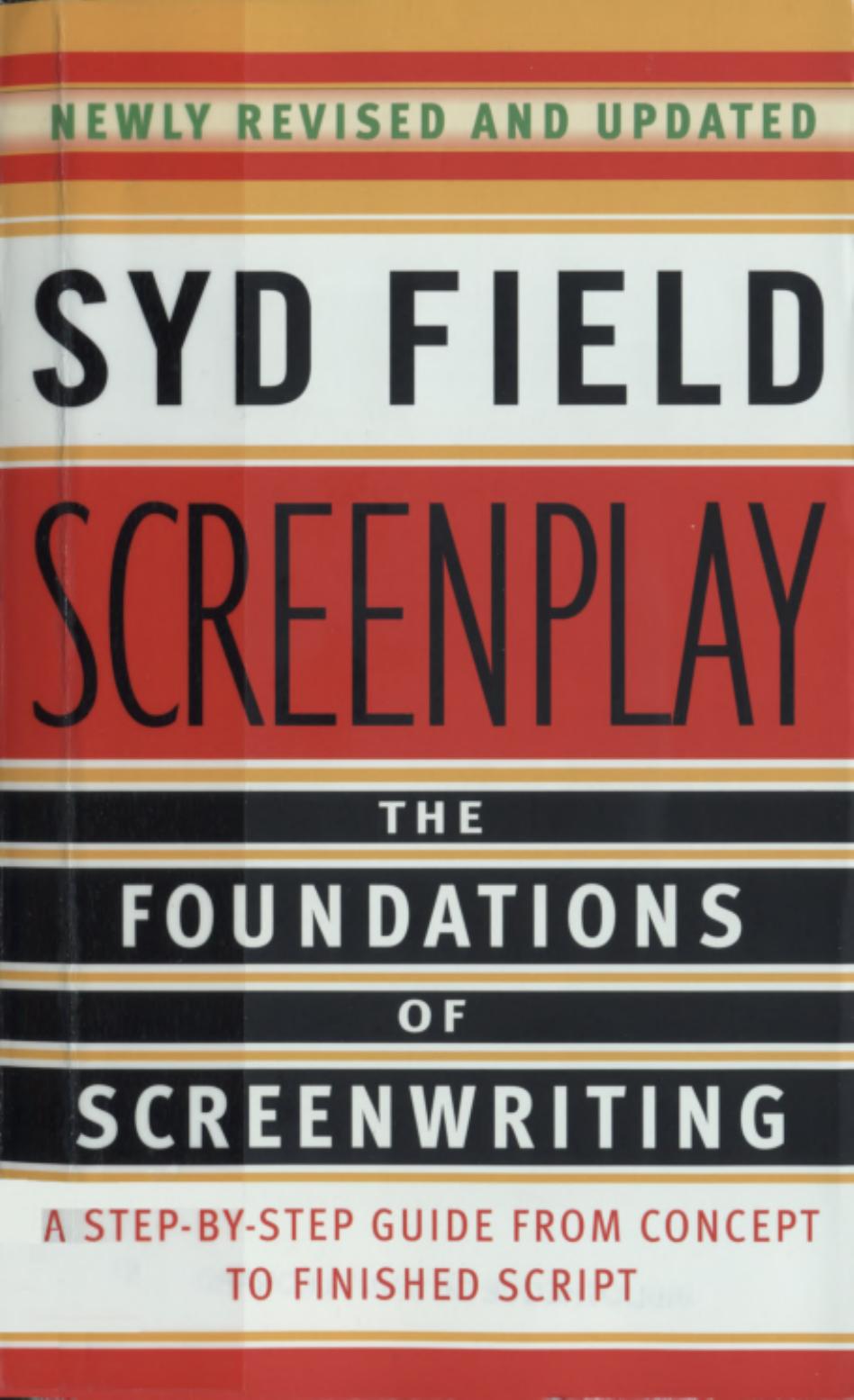Screenplay: The Foundations of Screenwriting by Syd Field

Author:Syd Field [Field, Syd]
Language: eng
Format: epub, pdf
Tags: Reference, General
ISBN: 9780307423269
Google: 5GgXl7h5qvQC
Amazon: 0385339038
Publisher: Delta
Published: 2005-11-29T05:00:00+00:00
The Scene
RICK:
"Inside both of us, we both know you belong
with Victor. ... If that plane leaves the
ground and you're not with him, you'll regret
it—oh, maybe not today, maybe not tomorrow,
but soon, and for the rest of your life."
ILSA:
"What about us?"
RICK:
"We'll always have Paris. We didn't have it;
we'd lost it before you came to Casablanca.
We got it back last night. . . . lisa, I'm no
good at being noble, but it doesn' t take
much to see that the problems of three lit-
tle people don't amount to a hill of beans
in this crazy world. . . . Someday you'll un-
derstand that. Here's looking at you, kid."
—Casablanca
Julius and Philip Epstein,
Howard Koch
Casablanca is an extraordinary film experience, one of those rare and magical moments that reside deep within our
collective film consciousness. What makes it such a great
film? What makes it stand out so vividly in the fabric of our film experience? Many things, of course, but in own my
personal opinion, Rick is a character who, through his words and actions, sacrifices his life for the higher good. In The Hero with a Thousand Faces, Joseph Campbell says the hero
has "to die in order to be reborn." When Casablanca begins, Rick has been living in the past, harboring the emotional
pain of his lost love affair with lisa. When she reenters his life, Rick
— THE SCENE—
161
laments, "Of all the lousy gin joints, in all the towns in all the world, she walks into mine," and we know it's time for him to deal with, confront, and embrace the past.
What makes Bogart so memorable in this film? I think it's
a combination of two things: his screen persona and the part itself, which morphs into Bogart's mythological stature. In
their screenplay, Julius and Philip Epstein and Howard Koch
have fashioned a character who is tough and fearless and
possessed of a strong moral center and the proverbial heart
of gold. He's one of the "good guys," and his action at the end of the film, letting Victor Laszlo (Paul Henreid) and Usa (Ingrid Bergman) escape to Lisbon to continue their fight
against the Germans, serves a much higher purpose than
would his and lisa's personal love affair. "I'm no good at being noble," he tells lisa, "but it doesn't take much to see that the problems of three little people don't amount to a hill of beans in this crazy world."
By his actions, Rick is transformed; he has sacrificed his
own personal love for lisa to aid and benefit the Allies in
defeating the Nazis.
"A hero is someone who has given his or her life to
something bigger than oneself," Joseph Campbell says. If you look at the template of the classical "hero" throughout myth and literature, Rick's action elevates him to the stature of a contemporary hero. "Life consists in action," Aristotle said, "and its end is a mode of action, not a quality." The same with Hamlet, or Arjuna in the Bhagavad Gita, or Neo
in The Matrix: characters who have overcome their doubts
and fears, then pushed them aside and acted. It is this action that elevates them into the realm of "heroic figures.
Download
Screenplay: The Foundations of Screenwriting by Syd Field.pdf
This site does not store any files on its server. We only index and link to content provided by other sites. Please contact the content providers to delete copyright contents if any and email us, we'll remove relevant links or contents immediately.
The Kite Runner by Khaled Hosseini(4414)
Gerald's Game by Stephen King(3913)
The Perils of Being Moderately Famous by Soha Ali Khan(3781)
Dialogue by Robert McKee(3575)
Story: Substance, Structure, Style and the Principles of Screenwriting by Robert McKee(2981)
The 101 Dalmatians by Dodie Smith(2931)
The Pixar Touch by David A. Price(2736)
Confessions of a Video Vixen by Karrine Steffans(2668)
Fantastic Beasts: The Crimes of Grindelwald by J. K. Rowling(2540)
How Music Works by David Byrne(2519)
Harry Potter 4 - Harry Potter and The Goblet of Fire by J.K.Rowling(2413)
Slugfest by Reed Tucker(2411)
The Mental Game of Writing: How to Overcome Obstacles, Stay Creative and Productive, and Free Your Mind for Success by James Scott Bell(2388)
Wildflower by Drew Barrymore(2114)
Scandals of Classic Hollywood: Sex, Deviance, and Drama from the Golden Age of American Cinema by Anne Helen Petersen(2104)
Casting Might-Have-Beens: A Film by Film Directory of Actors Considered for Roles Given to Others by Mell Eila(2071)
Screenplay: The Foundations of Screenwriting by Syd Field(2051)
Robin by Dave Itzkoff(2002)
The Complete H. P. Lovecraft Reader by H.P. Lovecraft(1970)
